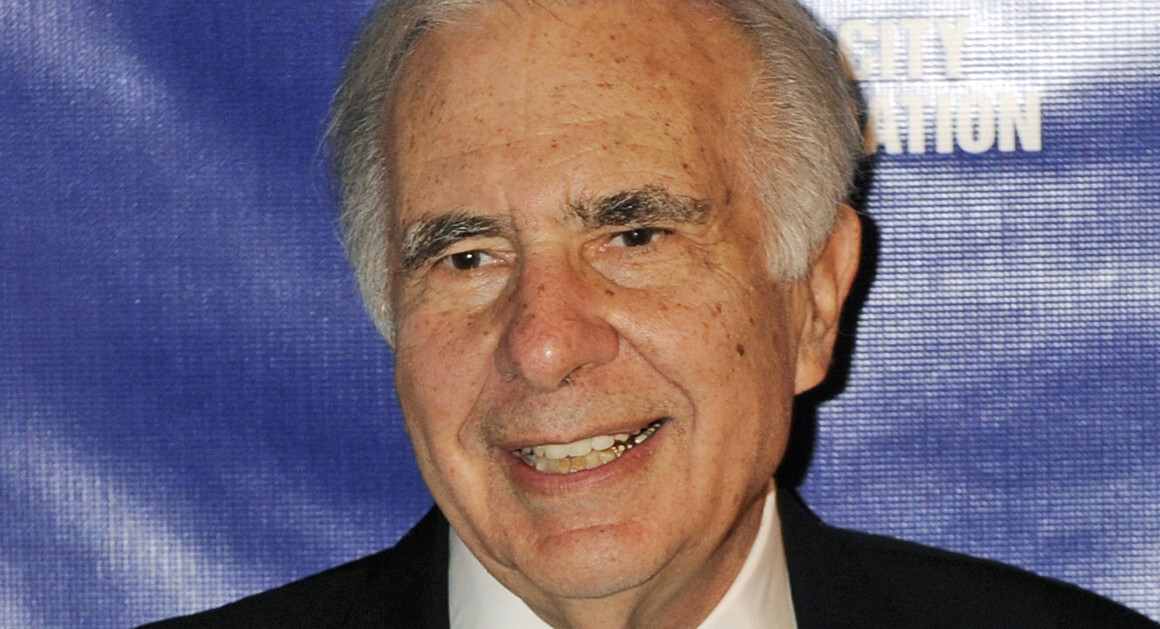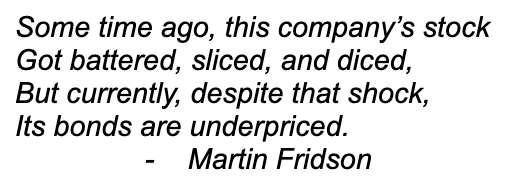
Icahn’s Portfolio Could Decline 39% And Still Cover Its Debt
For 50 Years, This Brash Investor Has Scored Hefty Returns

Carl Icahn never liked being told “no.”
By the early 1980s, the now-legendary investor had already built a reputation as a ruthless corporate raider – someone who went into struggling companies, shook up their boards, and walked away with profit. To him, corporations were like chessboards: the CEOs thought they were kings, but Icahn preferred to remind them that queens and rooks – shareholders and capital – moved with far more power.
Hammermill Paper, a venerable but complacent Pennsylvania paper company, caught Icahn’s attention in 1981. He quietly accumulated a stake and then made his intentions clear: he wanted seats on the board and changes to strategy. Management bristled. To them, Icahn wasn’t a savior, He was a raider threatening decades of tradition. They accused him publicly of playing a get-rich-quick scheme.
Icahn, unfazed, launched a proxy fight to win control of the board. He mailed letters, lobbied shareholders, and spent more than $1 million rallying support. For weeks, both sides crisscrossed the country, pitching their visions: Hammermill’s executives stressed stability and community, Icahn promised higher returns and leaner operations. Shareholders were split.
The annual meeting that year was tense, with lawyers and accountants hunched over tabulations. When preliminary counts were announced, Icahn appeared to have won one of the two contested board seats. For Icahn, it was vindication: his hard-charging style had pierced the paper company’s defenses.
But then came the audit. A suspicious block of 70,000 shares tipped the scales in Icahn’s favor. Hammermill’s team pushed back, demanding a recount. The truth soon emerged: Icahn’s proxies included shares borrowed at the last minute from Citibank. Because they weren’t properly registered in time, they were ineligible to vote. Suddenly, Icahn’s apparent victory vanished. The boardroom door slammed shut.
The fallout was dramatic. Icahn’s opponents called it a humiliation, proof that his methods were reckless. Hammermill executives, relieved, portrayed themselves as defenders of tradition who had fended off an opportunist. The press painted Icahn as brash and overextended, a Wall Street gambler who overplayed his hand.
But Icahn himself refused to see it that way. Emerging from the setback, he told reporters: “We may have lost the battle, but I don’t feel we lost the war.” The line captured his essence – defiant, unbowed, and ready for the next fight.
Indeed, while Hammermill survived Icahn’s raid, the broader corporate world had been put on notice. Icahn’s proxy contest demonstrated how vulnerable even well-established companies were to aggressive outsiders. CEOs around the country began scrambling for “poison pill” defenses, while investors increasingly watched Icahn’s next move.
For Icahn, the Hammermill episode wasn’t an embarrassing failure but a lesson. Battles were messy, outcomes uncertain, but persistence was everything. If one door closed, another company would open. And in time, Icahn’s relentless campaigns against giants like Trans World Airlines, Time Warner, and Texaco would cement his reputation as the most feared activist investor of his generation.
Hammermill Paper might have won the day, but Carl Icahn walked away with something more enduring: the knowledge that even in defeat, the mere threat of his presence could shake boardrooms to their core.
Still As Brash As Ever
This content is only available for paid members.
If you are interested in joining Porter & Co. either click the button below now or call our Customer Care team at 888-610-8895.